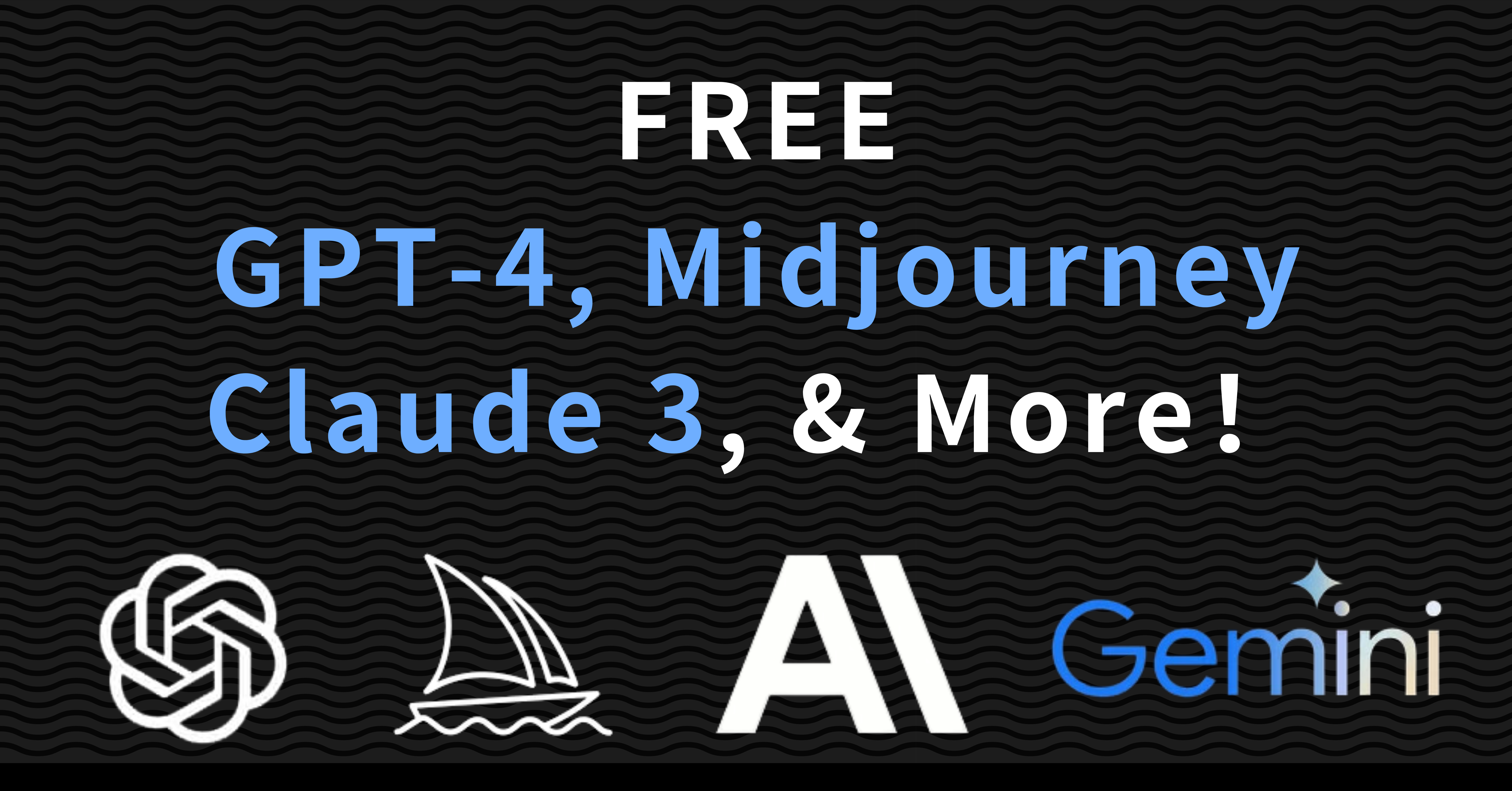Exploring Perplexity AI and GlobalGPT: Revolutionizing Information Access with AI

AI is influencing many industries by improving how they gather, interpret and use data. For example, AI-powered search engines use algorithms that mimic aspects of human intelligence to help users find the information they need.
Many of today's AI tools use large language models for language generation. Using deep learning algorithms and massive data sets, these LLMs can consolidate information and generate new content. AI systems can integrate LLMs with other types of generative AI models to produce text, images, music and other types of data. The LLMs' capabilities dictate how the AI systems containing them respond to queries, making them a key component in the architecture for AI-powered search engines.
Perplexity AI distinguishes itself from other search engines by drawing on multiple LLMs to produce its responses. Unlike other search engine options, Perplexity provides information synthesized into an easily consumed natural language format, with citations and detailed follow-ups.
Explore Perplexity AI's features, pros and cons, then follow the below tutorial to get started with the tool.
What is Perplexity AI?
Perplexity is designed to help users search naturally for information. It takes a conversational approach, using natural language to interpret queries based on context. In addition, Perplexity offers follow-up suggestions for narrower searches to help users find exactly what they want.
Perplexity is positioned as an alternative to traditional search engines like Google or DuckDuckGo; the company suggests users view it as a knowledgeable assistant helping you with your search. Unlike standard search engines, which offer users a list of links to follow themselves, Perplexity directly delivers information in response to users' queries.
Aside from search engine queries, Perplexity can also generate content, similar to AI chatbots like OpenAI's ChatGPT and Anthropic's Claude. Perplexity Pro lets users toggle between multiple LLMs made by other organizations, including image generation models like Dall-E 3 and Stable Diffusion XL, which gives the model multimodal capabilities. Among other generative abilities, Perplexity can produce written text, images and simple code.
Perplexity AI features and costs
Perplexity takes a conversational approach when responding to queries and has the ability to recognize and work with context. Users can also access multiple LLMs from different vendors with Perplexity, setting the tool apart from competitors like ChatGPT and Claude that primarily rely on their own LLM products. Perplexity is available worldwide with the exception of the EU, where regulatory restrictions and data protection laws limit its availability.
Perplexity offers three subscription formats:
Free.
Pro, which costs $20 per month or $200 per year.
Enterprise Pro, which offers flexible pricing based on team size.
Perplexity's free version doesn't require an account and supports basic searches, including citations and follow-up queries. It's simple to use -- just enter your question and start engaging with the results. This version uses OpenAI's GPT-3.5 model and lets users upload images, text and PDF files for use, though it limits uploads to three per day. And although the free version doesn't require an account, making one can be useful, thanks to benefits such as profile customization.
Perplexity Pro integrates more AI models and asks detailed clarifying questions. It also lets users upload their own PDFs, CSV files, images, text documents and more for analysis. The selection of AI models -- including OpenAI's GPT-4 Turbo, Anthropic's Claude 3 and Perplexity Experimental -- gives users more options for discovering information.
Perplexity Pro limits queries to 600 per day and offers various benefits, including credits for referrals and API access for developers. The Pro version also lets users switch among LLMs to refine search results. Building on the capabilities of Perplexity Pro, Perplexity Enterprise Pro comes with added administrator features like user management, single sign-on integration, enhanced security warnings, data retention and more.

Pay-as-You-Go:
Top Up from Just $1 Balance Never Expires
All-in-One: Access All Models in One Place
AI Total Data Privacy
Unlimited Usage Limitation
Accepts Fiat and Crypto Payments
While discussing advanced AI tools, it's essential to mention GlobalGPT as a versatile and cost-effective alternative. Here’s why GlobalGPT stands out:
Broad Model Support: GlobalGPT supports a wide array of models including ChatGPT-4/3.5, Claude, MidJourney, Suno, and even Perplexity. This broad support makes it incredibly versatile for various applications, from simple queries to complex content creation.
Direct Connection and Easy Access: For users in regions with internet restrictions, GlobalGPT offers direct connectivity and simple email registration. This feature ensures that users can access powerful AI tools without the need for complex setups or VPNs.
Pay-as-You-Go Pricing: GlobalGPT operates on a pay-as-you-go model, which is particularly cost-effective. Users only pay for the amount of computation they use, which can lead to significant savings, especially for those who require AI assistance intermittently.
Ease of Use: Using GlobalGPT is as simple as logging into your account and starting your query or content creation. The interface is user-friendly, making it accessible for individuals who may not be tech-savvy.
Shaping the Future: How Perplexity AI and GlobalGPT Are Transforming Digital Interaction
In conclusion, both Perplexity AI and GlobalGPT exemplify the dynamic nature of AI development. They not only provide powerful tools for today’s digital challenges but also offer a glimpse into the future of technology, where AI becomes a daily assistant, enhancing human capabilities and making information access more intuitive and productive. As these tools evolve, they will undoubtedly continue to transform our approach to information discovery and generation, making the vast possibilities of AI more accessible to everyone.
See Also
Free Mastery of Claude 3 Opus: An In-Depth Manual
Free Access to GPT-4: A Detailed Tutorial
AI Empowerment: Unleashing the Potential of ChatGPT
